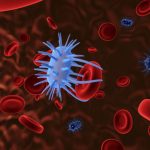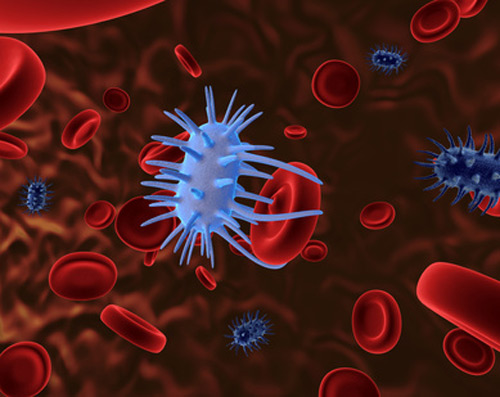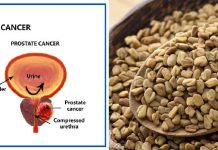An article on oncoviruses, viruses that causes cancer, common cancers caused by viruses and prevention.
Many persons have restricted viruses to just flu, sore throat, or HIV causing organisms. Very few are aware that viruses also cause various forms of deadly cancers like cervical cancer, throat cancer, penile cancer, liver cancer and many more. As most of the cancer causing organisms are sexually transmitted, getting vaccinated and practicing safe sex is key to preventing these cancers.
The effects of these viruses on cancer development is highly complicated. Scientists don’t fully understand how most known oncoviruses cause cancer. What is known is that viruses highjack cells and insert their own DNA or RNA into the host cell. This can cause the host cells to become cancerous. The viruses also weakens the immune system of the host making it vulnerable and defenseless against cancer growth.
1. Hepatitis B virus (HBV) is spread through infected blood, semen and other body fluids. Hepatitis B is a leading cause of hepatocellular carcinoma (liver cancer). The hepatitis B vaccine is recommended for all children and adults. I got vaccinated against hepatitis B virus infection in 2013 and it will protect me for 20 years. Please go to any primary health care centre or hospital close to you and get vaccinated. This is important as about 20 million Nigerians are infected with hepatitis B
2. Hepatitis C virus (HCV) is spread through infected blood. Hepatitis C is a leading cause of liver cancer, and can cause non-Hodgkin’s lymphoma. There is no vaccine against hepatitis C, but it is highly treatable. Liver cancer risk appears to be dependent on viral genotype, and HCV genotype 3, 25, 26, and 27 are more carcinogenic.
3. Human immunodeficiency virus (HIV) is spread through infected semen, vaginal fluids, blood and breast milk. While it does not cause cancer directly, researchers believe it increases the risk of cancer by damaging the immune system, which reduces the body’s defenses against other oncoviruses. It can enable other oncoviruses to cause cancer. HIV-associated cancers include Kaposi sarcoma, non-Hodgkin’s andHodgkin’s lymphoma, cervical cancer, and cancers of theanus, liver, mouth and throat and lung. There is no vaccine against HIV.
4. Human herpes virus 8 (HHV-8) is related to Kaposi sarcoma in people who have a weakened immune system. That includes patients with HIV. Kaposi sarcoma us the most common cancer in untreated persons that are HIV positive.
5. Human papillomavirus (HPV)has at least 12 strains that can cause cancer in men and women, including anal, cervical,penile, orophapharyngeal (throat), vaginal andvulvar cancer. Smoking increases the cancer causing ability of HPV. Boys and girls age 11-12 should get the HPV vaccine called gardasil or cervarix. It’s available for patient from age 9-26.
6. Epstein-Barr virus (EBV) is a herpes virus that’s spread through saliva, sharing of food, drinks and personal items with persons that have the virus. EBV infection increases the risk of Burkitt lymphoma, some types of Hodgkin’s and non-Hodgkin’s lymphoma, nasopharyngeal cancer , leiomyosarcoma, post-transplant lymphoproliferative disorder and stomach cancer. There is currently no vaccine for Epstein-Barr virus.
7. Human T-cell leukemia virus type, also called human T-lymphotrophic virus (HTLV-1)is linked to adult T-cell leukemia/lymphoma. It is spread through infected semen, vaginal fluids (from unprotected sex), organ transplant, blood and breast milk. Although HTLV-1 infection rarely causes serious disease, it may lead to adult T-cell leukemia in 2-5% of infected individuals or HTLV-1-associated muscle disorders in 0.25-2% of infected people.
Protecting yourself from cancer causing viruses
Here, prevention is better that cure. The best way of escaping these cancers is by preventing them access to your body in the first place. This you can do by getting vaccinated, practicing safe sex(male or female condom) and saying no to intravenous drug abuse.

Credit:genengnews
Read more on Manderson cancer centre























